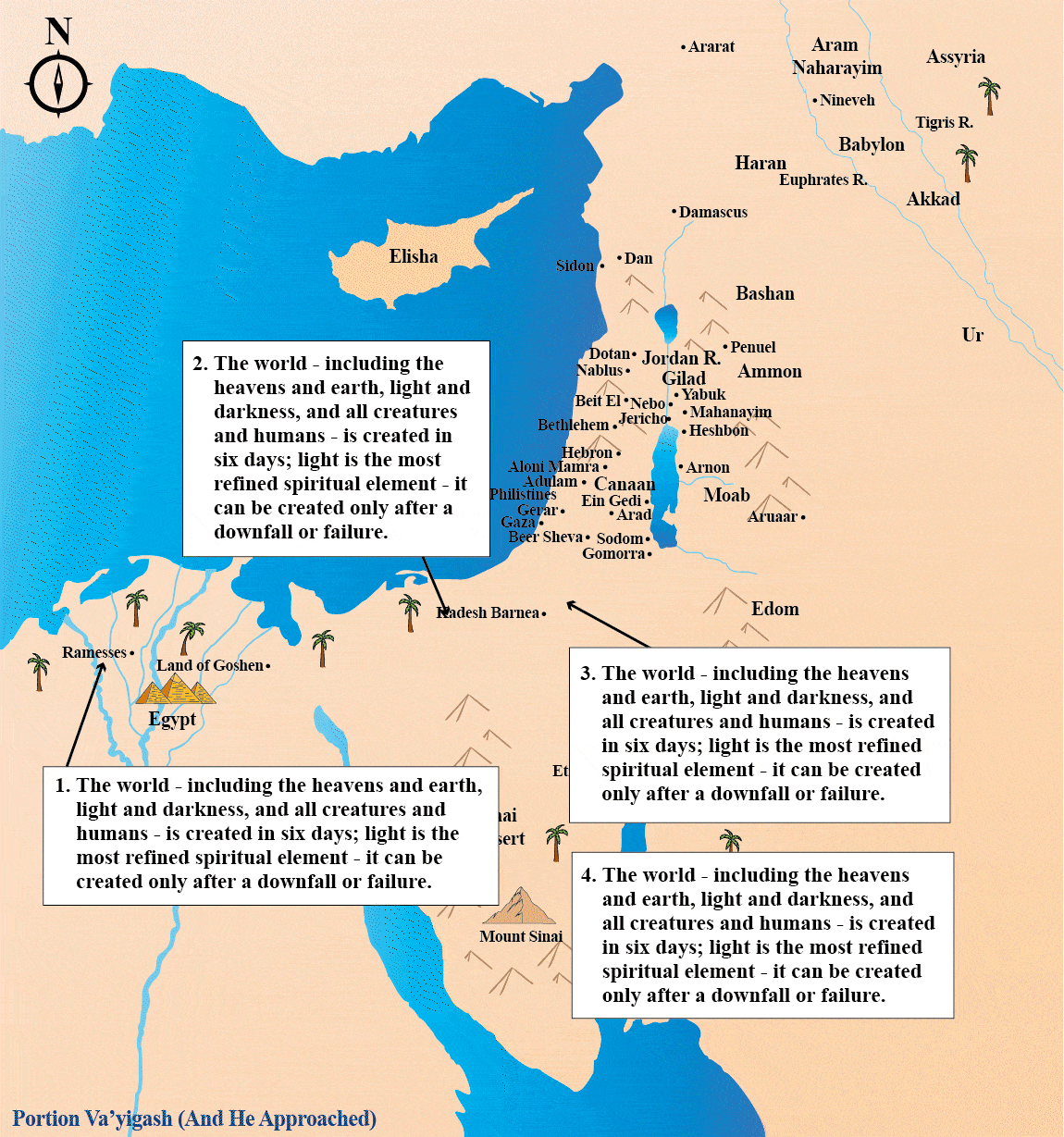
Joseph weeps and asks his brothers to bring Jacob, their father, to Egypt
“Now therefore be not grieved, nor angry with yourselves, that ye sold me hither: for God did send me before you to preserve life” Genesis 45:5
- Joseph displays strong feelings toward his brothers. The significance of this burst of emotion is twofold in that it underlines the psychological importance of the nuclear family, as well as Joseph’s lack of resentment or desire for revenge. Joseph supplies his brothers with food and gifts. In so doing, he teaches us that the essence of existence lies in interpersonal, familial, and amorous relationships, as well as forgiveness and acts of kindness.
The ostracized, orphaned child becomes God’s envoy
“And God sent me before you to preserve you a posterity in the earth, and to save your lives by a great deliverance. So now it was not you that sent me hither, but God” Genesis 45:7 – 8
- Joseph’s rise to glory proves that even an orphaned, lonely, and rejected child can be the one who will rescue others and be worthy of God’s grace. Joseph swims against the stream – from the bottom up. Every person needs to know that greatness of spirit is within their reach.
- Giving life to others is part of our mission, as it ensures that we will have access to God’s grace. Joseph consoles his brother by saying that everything that happened was so that he could sustain them. Even if we can’t comprehend a certain tragedy, time can help us understand it in hindsight. Joseph forgives his brothers only after they have acknowledged their crime and atoned for it. Once Joseph is convinced that his brothers have changed, he forgives them and alleviates their guilt. This creates a framework for the family’s peaceful coexistence and freedom from the evils of their past. Forgiveness has liberating powers and opens for them the possibility of a joint future.
Pearls of Divine Wisdom: “He Approached”
- On the path to righteousness, we must train ourselves to see light – even in the most difficult situations. This can be seen in the way Judah approached Joseph, and the way Joseph forgave his brothers. Through total acceptance – even subjugation to reality – they discovered tremendous light. When we learn to love ourselves and others equally, we can do the same.
- Through acceptance and subjugation, we can find the hidden light and its hidden messages, especially in times of distress. We must restrain the urge to fight the distress and instead pause, focus on our awakening, and take measured actions. When we do so, love and blessings are miraculously released.
- Family is of utmost importance. The essence of our lives lies in interpersonal relationships, love, generosity, and forgiveness. Even when families are broken, the “pieces” that must be collected contain opportunities for improvement and healing. They, too, come from the light.
- Self-acceptance and forgiveness are keys to healing. Teshuvah (usually defined as repentance; though here it refers more to the process of correction) can come only with forgiveness and commitment to correcting our actions. Teshuvah is a precondition to salvation. All this can be gleaned from the tale of Joseph and his brothers.
- Our ability to correct our sins is key. Although we often succumb to sin, teshuvah is always a possibility and a never-ending opportunity.

Love is unrestricted, unconditional positive feelings towards other beings.

